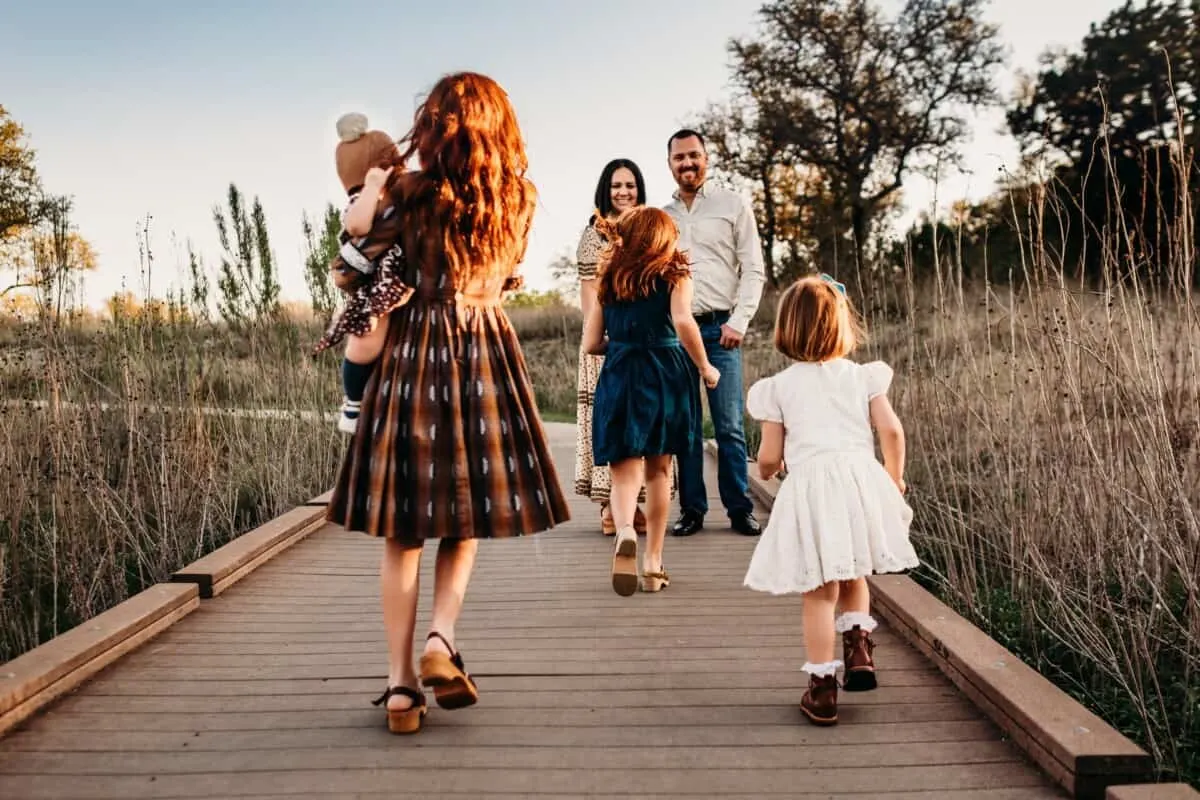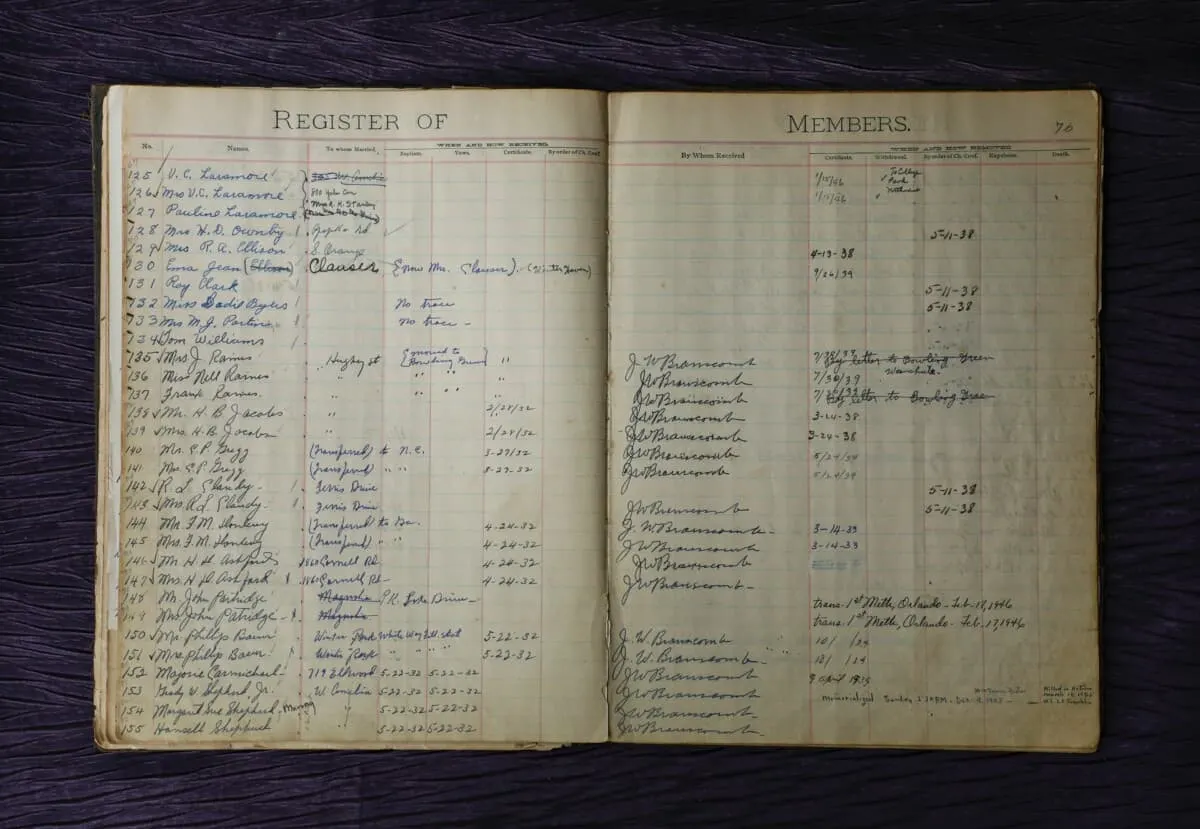Many people pronounce “biennial” and “biannual” similarly, confusing the listener as the speaker might mean something entirely different. Even when English language learners know there are differences between the two words, they often don’t know which is which and want to know whether to use “biennial” or “biannual.” Both “biennial” and “biannual” are correct to …
Language Arts
Perhaps you’ve had this experience: you’re talking with a friend about your family, and they ask something general. But when you reply with a quick description, are you referring to one family, or are you talking about several individuals? The need for subject-verb agreement will help determine the verb form you use, so is it …
Lists play a critical role in all kinds of settings. There are lists for organizing items you need to remember, lists you can use to categorize people, places, or things, and even official lists of names in education or employment. But what are those lists called? An official list of names is often called a …
It is easy to misuse the various parts of speech in any language, especially the comparative form of adverbs and adjectives. When it comes to comparing density, which is correct: “denser” or “more dense”? Since “dense” is a one-syllable adjective, the correct form is “denser,” not more dense, according to the rules for forming comparative …
When the subject of a sentence performs an action that characterizes them, we can add either the -er or -or suffix to the verb. But how do we know which of these two suffixes to use, particularly when we want to reference the person making a request? In other words, what is the difference between …
There is a ball on the playground. Is it one kid’s ball, or does it belong to everyone on the playground? The placement of the apostrophe is key, but which is correct: “kid’s” or “kids’”? The difference between kid’s and kids’ is that when you are describing something that belongs to one “kid,” you will …






